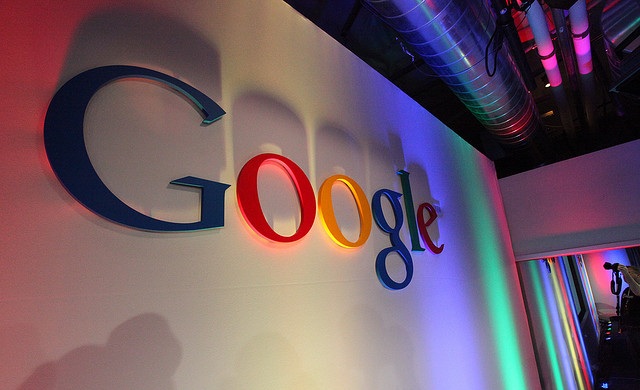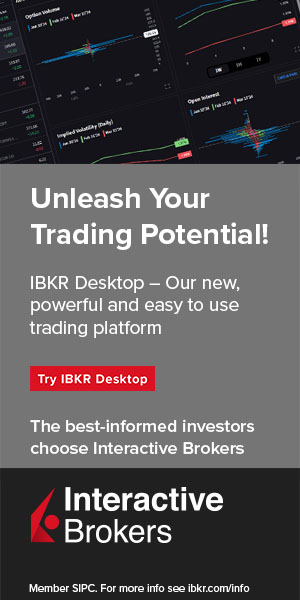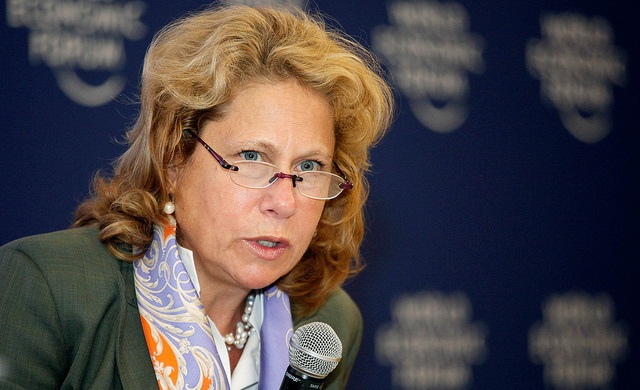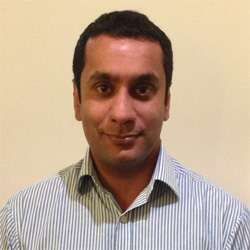Global Opportunities Fund constituent Google (NASDAQ: GOOG, initial buy $219.65) held its “New Treats” event in San Francisco this week and while it was a much more low key affair than Apple’s shindigs to unveil its latest gadgets, Google showed off a couple of new smartphone models for its Nexus line, new Chromecast dongles and a new tablet as well as some software related announcements.

There is no doubt Apple captures the lion’s share of profits in the consumer electronics space and especially the smartphone marker, but Google’s Android has become the the most popular mobile platform in terms of sheer numbers by a country mile.
Google CEO Sundar Pichai revealed a new Android data point at the San Francisco event, saying that the mobile platform now has 1.4 billion monthly active users around the globe. Android’s ascendance has been frenetic, with the first commercially available smartphone running Android the HTC Dream in October 2008.
As of September 2013 some 1 billion Android devices had been activated, but this is a different metric from the monthly active user figure. At its developer event in June 2014 Google announced that it had 900 million monthly active users on the Android platform. So in the time since the pace of active additions has been rapid. Active users are naturally much more desirable, with far better monetization potential.
At this week’s event, Mr Pichai, who has been elevated to the Google CEO role after the Alphabet announcement, spent some time cheering on Android’s growth in emerging markets, saying usage has“literally doubled” in some markets, mentioning Vietnam and Indonesia by name. He also added, “We are well on the way to bringing the next billon users online.”
To do this Google is putting its shoulder behind Android One, trying to bring higher quality smartphones to emerging markets at a lower price point more palatable for mainstream consumers in those markets. If Google’s efforts pan out, Peak Android may be some ways off.
In our view, Android’s market share may have peaked, but we expect it to remain high due to its availability on a wider range of price points and ability to tweak. And although smartphone sales growth has slowed the next decade will see smartphones permeate markets like Sub-Saharan Africa where penetration is still relatively low.
Android takes 82.2% market share. This was down slightly year on year, but it has fluctuated a little from quarter to quarter so not too much should be read into one static comparison.
Google has recently expanded the Android One program into Turkey, another of the big emerging markets. Since the launch a month ago, Google’s OEM partner’s Android One phone has been the biggest selling phone in the market.
For nearly 15 years, Fat Prophets remains UK’s premier equity research and funds management company. Register today to receive our special report Bargain Hunting, and a no obligation free trial to our popular email service


 Hot Features
Hot Features













